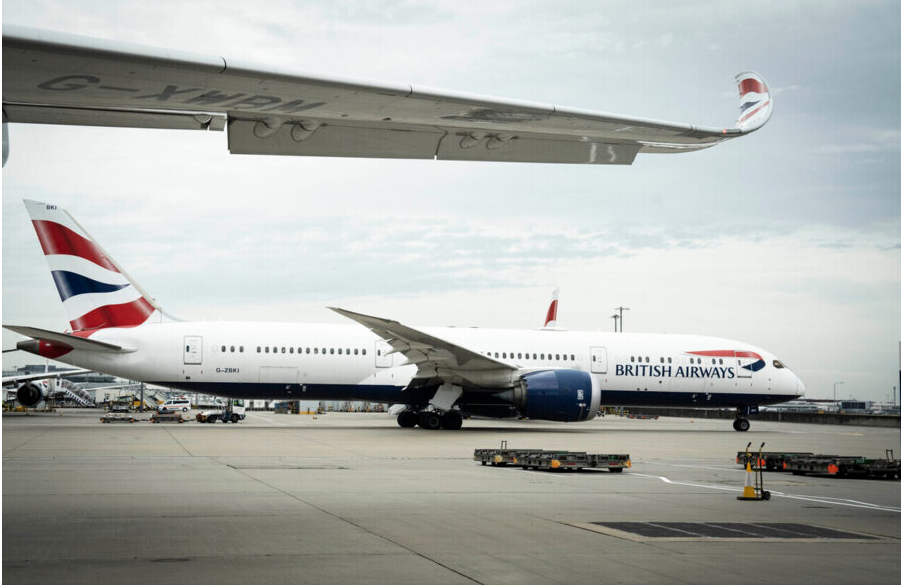
British Airways experienced a significant IT outage on resulting in widespread flight disruptions across Europe. The technical issue, prevented pilots from filing flight plans electronically. This critical disruption crippled the airline’s operations, leading to numerous delays and cancellations affecting tens of thousands of passengers. The airline’s website appeared to have also been affected at one stage, possibly due to the weight of high enquiry traffic.
The outage primarily affected the airline’s communication systems. It affected the ability of pilots to communicate with air traffic control and receive essential flight information. As a result, many flights were grounded, leaving passengers stranded at airports.
The impact of the outage was far-reaching, affecting travelers across the continent. Many passengers reported long wait times at airports, limited information from airline staff, and uncertainty about their travel plans. Social media was flooded with complaints from frustrated passengers who shared their experiences and sought updates on their flights.
British Airways has apologized for the inconvenience caused by the outage and assured passengers that it was working to restore normal operations. An airline spokesperson gave comment. Our flights are currently operating, but are experiencing delays as our teams work to resolve a technical issue affecting some of our systems.
The airline has implemented contingency plans to minimize the impact of the disruption. However, the full extent of the damage is yet to be determined.
This isn’t the first time British Airways has encountered major IT problems. In recent years, the airline has faced several IT-related issues, including system failures and cyberattacks. These incidents have raised questions about the airline’s IT infrastructure and its ability to maintain reliable operations.
At the time of writing, the airline continues to investigate the cause of the latest outage. Passengers are advised to check the latest flight information in case of potential delays or cancellations. It is also recommended to have contingency plans in place. This should include alternative travel arrangements or accommodations, in case of unforeseen disruptions.
Several global incidents in the commercial aviation sector since the pandemic have now seen the significant consequences of system failures. This is not just limited to airlines, and has also affected regulators like the US Federal Aviation Administration (FAA) and UK national ATC operations such as NATS
As air operations increasingly rely on such technology to manage their operations, it questions the integrity of IT infrastructure and disaster recovery plans to minimize the impact of such disruptions.


